Comedy and Critical Thought
Experiments/On the Political
Series Editors:
Amanda Giorgio, University of Massachusetts
Amherst, and Iain MacKenzie, University of Kent
This series reflects on how interdisciplinary and/or practice-led thought can create the conditions for experimental thinking about politics and the political. What if the domain of the political is not what we usually think it is? Are there ways of thinking about the nature of politics and the political that can take us beyond frameworks of conflict and cooperation? These questions derive from a commitment to the idea that political thought has not yet exhausted its creative potential with regard to what constitutes the political domain. It is also motivated by the desire for political theory to become a genuinely creative discipline, open to collaborative interdisciplinary efforts in innovation. Moreover, if our understanding of the political world is to keep pace with political events then it is important that political theorists do not simply presume that they express one or other of these dominant models of the political; rather they should remain open to the possibility that experiments in politics may be happening on the street in ways that require theorists to think differently about what is meant by the political.
Titles in the Series
The Political Space of Art: The Dardenne Brothers, Ai Weiwei, Burial and Arundhati Roy
Benot Dillet and Tara Puri
Published by Rowman & Littlefield International Ltd
Unit A, Whitacre Mews, 2634 Stannary Street, London SE11 4AB
www.rowmaninternational.com
Rowman & Littlefield International Ltd. is an affiliate of Rowman & Littlefield
4501 Forbes Boulevard, Suite 200, Lanham, Maryland 20706, USA
With additional offices in Boulder, New York, Toronto (Canada), and Plymouth (UK)
www.rowman.com
Copyright 2018 Krista Bonello Rutter Giappone, Fred Francis and Iain MacKenzie
All rights reserved. No part of this book may be reproduced in any form or by any electronic or mechanical means, including information storage and retrieval systems, without written permission from the publisher, except by a reviewer who may quote passages in a review.
British Library Cataloguing in Publication Data
A catalogue record for this book is available from the British Library
ISBN: HB 978-1-7866-0406-4
PB 978-1-7866-0407-1
Library of Congress Cataloging-in-Publication Data
ISBN 978-1-78660-406-4 (cloth)
ISBN 978-1-78660-407-1 (paper)
ISBN 978-1-78660-408-8 (electronic)
 The paper used in this publication meets the minimum requirements of American National Standard for Information SciencesPermanence of Paper for Printed Library Materials, ANSI/NISO Z39.481992.
The paper used in this publication meets the minimum requirements of American National Standard for Information SciencesPermanence of Paper for Printed Library Materials, ANSI/NISO Z39.481992.
Printed in the United States of America
Acknowledgements
We would like to thank everyone involved in this project, from its inception to publication. Dieter Declercq and Oliver Double deserve particular mention here, as co-organisers of the conference (Comedy and Critical Thought, University of Kent, 2016) that launched the dialogue presented here. Their tireless efforts were instrumental in getting this project off the ground. We would also like to thank the University of Kent, in particular the Centre for Critical Thought and the School of Arts, for supporting and hosting the event. None of this would have been possible without this concerted effort. Special thanks go out to all of our contributors, who have been with us all the way and have made this volume what it is.
Chapter 1
Introduction: Setting the Agenda
Krista Bonello Rutter Giappone, Fred Francis and Iain MacKenzie
[Foucault laughs.] This particular textual insert is taken from Foucaults famous discussion with Noam Chomsky, Human Nature: Justice vs Power. A Debate between Noam Chomsky and Michel Foucault.
The point is not that the textual version of this exchange is somehow unfair in painting Foucault the humourist against Chomsky the dry scholar. Rather, the point is that the text accurately represents the moment when humour was used by Foucault to effect a critical interjection, one that finds Chomsky simply laughing along with him. But what critical point is being made? What is crucial in these responses is that Foucault is already questioning the ways in which arguments are framed: the rules and regularities, in this case, of a televised discussion which sets limits on what can be said and what must therefore remain unsaid. It is telling because it immediately brings to the fore that all argument is set by such limits, that Foucault is (obliquely, for sure) calling into question Chomskys belief in the rational power of argument to guide us to social revolution by exposing the structures that exist which delimit argument itself: Foucault does not hold Chomskys rationalist belief in the power of argument to sway us one way or another in purely theoretical disputes. It is not possible, therefore, to separate the truths that our knowledge of the world can produce (Chomskys two is claims about the ends of justice and the nature of human needs) from the production of relations of power that condition those forms of the knowledge in the first place. But if one cannot argue ones way out of the idea that rational argument must have priority, for fear of performative contradiction, then what better way to highlight the uncritical nature of Chomskys position than by laughing; not at him but at the constraints themselves? Foucaults humour elucidates the constraints, enjoins the audience to recognise these constraints and brings to the fore that the questions of justice that concern him are those in the here and now rather than ideal conceptions based on problematic universal notions of human need. Foucault laughs, and critical thought results.
Thirty-four years later, Stewart Lee is performing his show, 90s Comedian, at Chapter Arts in Cardiff. About half way through the show, he brings up the case of Lynndie England, a female American soldier who was photographed pointing and laughing at the naked genitals of hooded, bound Iraqis.
Here we can see how another comedic performance is textualised, so to speak, but to different effect. Rather than draw out the critical potential of the humour as in the case of [Foucault laughs], we have a pointed self-critical reflection on how humour can be used to critical effect. Lees routine sets up the joke in terms that will divide the audience and then delivers the joke in a manner that unites those looking for political material and those looking for a cock-joke in an uncomfortable complicity: before reinstating critical distance. In doing so, the politically minded are reminded that they still like to laugh at cock-jokes, even if this is not very politically correct, whereas those looking for a cock-joke are reminded that there is always a politics implicit in these jokes, a gender politics that cannot be avoided. His subsequent sense of hypocrisy stems from his sense of how easily he has manipulated both parts of his audience, a form of manipulation that speaks of the politics that he is also calling to account in the joke itself. He has also subtly determined the way we read the joke, eliciting the desired political response against the intended target through a cock-joke. Moreover, to the extent that his feeling of shame has a gently self-mocking character to it, it makes us laugh. We, the readers of the transcript, become embroiled in the complicities of the joke, many years later. Over the years, Lee increasingly consolidated a position where he can select his audiences and assume a shared ideological ground he hasnt abandoned his divisive tactics, however such manipulation is less geared towards persuasion, and is more readily accessible and appreciable as part of the laid-bare joke structure. This allows him to focus his attention all the more on the inner workings of comedy itself, always considered in its political dimension. Lee the humourist continues to make us laugh and think critically about why we are laughing.

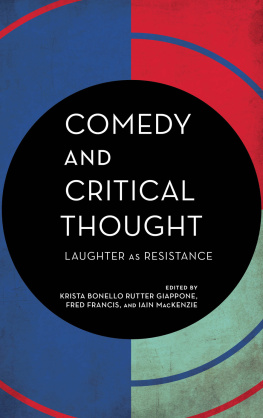
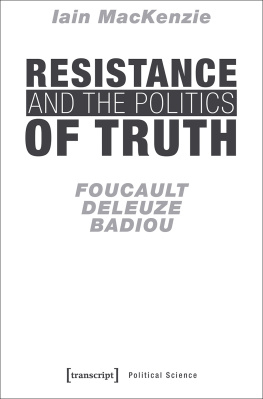

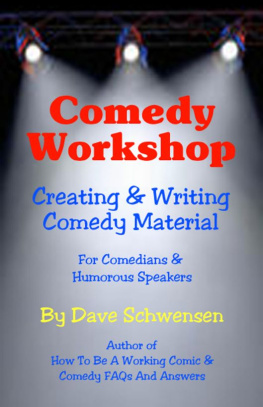
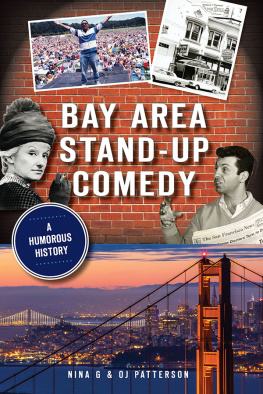
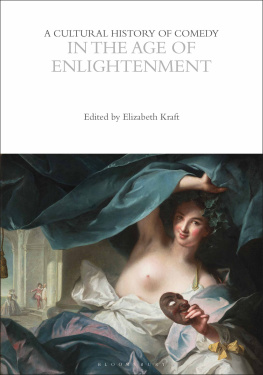
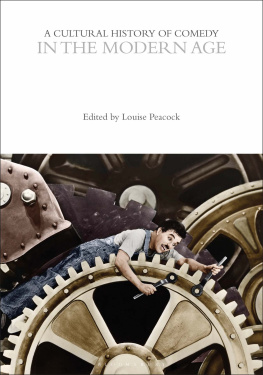
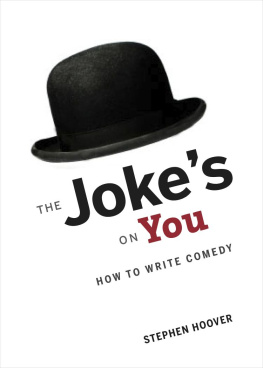
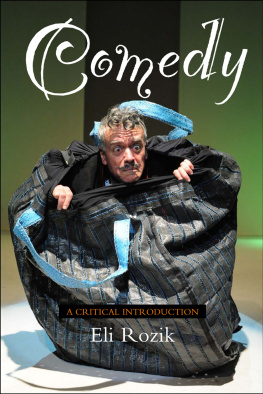
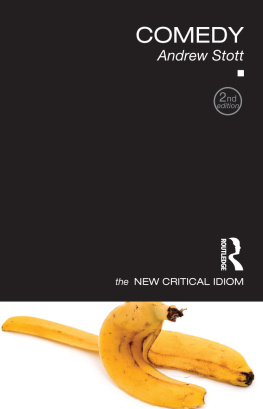
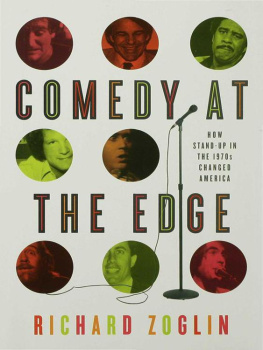

 The paper used in this publication meets the minimum requirements of American National Standard for Information SciencesPermanence of Paper for Printed Library Materials, ANSI/NISO Z39.481992.
The paper used in this publication meets the minimum requirements of American National Standard for Information SciencesPermanence of Paper for Printed Library Materials, ANSI/NISO Z39.481992.